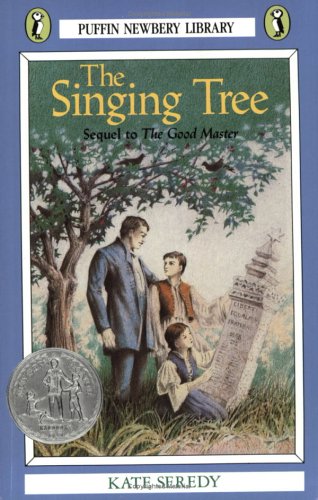What do you think?
Rate this book


247 pages, Hardcover
First published October 1, 1940
Father never spoke of the war and soon they all learned not to ask about it, because then his face would darken as if he were in pain. Once in a while he told small, poignant stories, but there were no cannon belching death or wounded screaming for mercy in the memories he shared with his family. He spoke of the small bird with the broken wing one of the men had picked up, and how the little bird had become tame during the weeks its wing was healing; how they had let it go on a September morning and how it sang to them before it soared away. About lone dogs guarding ruins of homes, and of cats waiting for a door to open that had no walls around it.There's quite a bit of narrative editorializing about the depredations of war, and I get the impression Kate Seredy was quite the peacenik and had strong opinions about America staying out of WWII (this book was written in 1939; it would be interesting to know if her opinions had changed at all five or six years later). Overall it's a worthwhile middle grade-level story, a strong sequel to The Good Master, and an interesting, different POV about the effects of WWI on the people left behind when soldiers go off to war, and how those soldiers are changed by their experiences. Seredy's illustrations, as always, are gorgeous.
